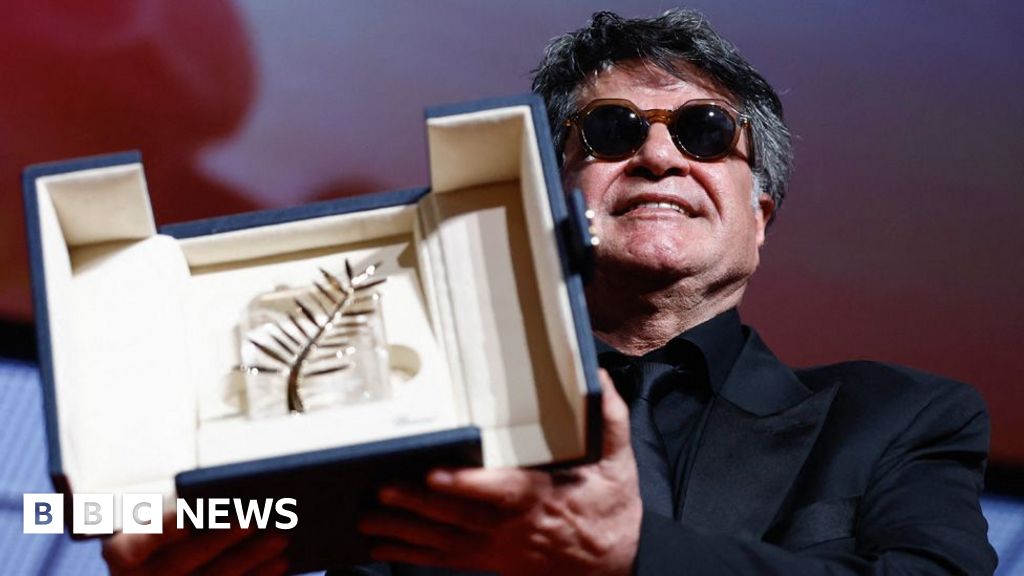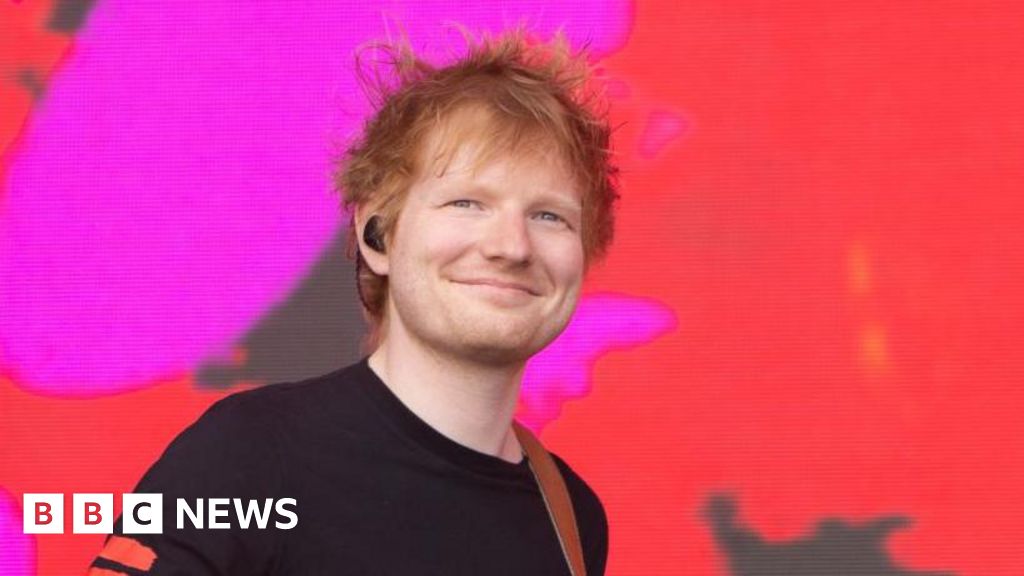ARTICLE AD BOX
Watch: Prince Harry arrives at court to give evidence
By Jemma Crew, Dominic Casciani, Tom Symonds & Sean Coughlan at the High Court
BBC News
Prince Harry has accused tabloid newspapers of hacking his voicemails when he was a teenager, saying it made him feel he "couldn't trust anybody".
Appearing in court in his case against Mirror Group Newspapers (MGN) he said he has "experienced hostility from the press" since he was born.
He is the first senior royal to give evidence in court in over 130 years.
MGN's lawyer said he had sympathy for the duke, but denied journalists' actions were "all unlawful".
Prince Harry arrived on Tuesday morning at London's High Court dressed in a dark suit and looking relaxed - dozens of journalists only had a matter of seconds to get their photographs as he made his way swiftly into the building.
In court he was cross-examined by MGN lawyer Andrew Green KC, who became increasingly direct in his challenges as the hearing wore on. The prince grew in confidence after a nervous start.
Mr Green - who has decades of experience and has been described as a "beast in court" - built up his line of questioning, asking in detail about the sourcing of stories, and suggesting they were based on official statements or publicly available information.
Prince Harry's responses were often short, stressing his suspicion that each story was connected with a payment to a private investigator.
In his written statement, issued as he appeared at court, Prince Harry accused the tabloid press of casting members of the Royal Family into roles and creating an "alternative and distorted version of me".
"They then start to edge you towards playing the role or roles that suit them best and which sells as many newspapers as possible, especially if you are the 'spare' to the 'heir'", he said.
"You're then either the 'playboy prince', the 'failure', the 'drop out' or, in my case, the 'thicko', the 'cheat', the 'underage drinker', the 'irresponsible drug taker'..."
The duke also said stories he believed originated from hacking not only caused security concerns, but damaged his relationships.
"I felt that I couldn't trust anybody, which was an awful feeling for me especially at such a young age," he said.
He said numerous papers had reported a rumour that his biological father was former Army officer James Hewitt - a man his mother, Princess Diana, had a relationship with after he was born.
At the time, he said, he was not aware of the timeline. Aged 18 and having lost his mother six years earlier, he said such stories were "hurtful, mean and cruel".
In his statement, he also:
- Said the thought of Daily Mirror former editor Piers Morgan "and his band of journalists earwigging into my mother's private and sensitive messages" months before her death in Paris in 1997 made him feel "physically sick"
- Accused the press of repeatedly trying to break up his relationships, saying the "twisted objective" continues today
- Criticised the government and the British press as both being at "rock bottom"
- Accused the media of "ganging up to protect each other", and of those in power "turning a blind eye to it as to ensure that it would continue unabated"
- Described the press as "the mothership of online trolling", saying people have died as a result of their work
- Alleged journalists would illegally obtain information about former girlfriend Chelsy Davy's flights to the UK to see him
His statement is critical of the broader tabloid press, while there are also specific claims levelled against the publisher of the Daily Mirror, Sunday Mirror and The People.
Harry alleges about 140 articles published between 1996 and 2010 contained information gathered using unlawful methods, and 33 of these have been selected to be considered in the court case. After being sworn in in court, the duke was initially addressed as "your royal highness" before saying he wanted to be called "Prince Harry".
Early in his cross-examination, Mr Green asked Prince Harry about his "hostility" towards the press, suggesting to the duke that this pre-dated his discovery that the tabloid press were using unlawful methods to gather information about him.
"I've experienced hostility from the press since I was born," Prince Harry responded, also admitting to having his own "long-standing hostility" towards the media.
He was also challenged on why he said in his witness statement he did not want to meet Paul Burrell, his mother's former butler, but wrote in his book Spare that he did.
"I honestly can't remember whether I wanted a meeting or not," he said.
He also claimed that remarks he had made about Mr Burrell to his brother, Prince William, were obtained illegally by MGN from a voicemail he left.
A pattern began to emerge in the courtroom battle, with Mr Green pinning Prince Harry down with questions about specific details - while the duke pushed back with broader scepticism about how newspaper stories were gathered.
Image source, Julia Quenzler
Image caption,Prince Harry said the media had a "twisted objective" to destroy his relationships
A key strand of MGN's case is that stories were legally reported because they were in the public domain, and Mr Green put it to the duke that some stories written by MGN papers were follow-ups to articles in rival publications.
Prince Harry said journalists were "desperate for anything royal" and "any element of our private lives is interesting to the public".
"Just because there was a story which came out previously doesn't mean there weren't attempts to take the story further," he told the court.
Mr Green said that while there was sympathy for the "extraordinary level of press intrusion" Prince Harry has faced "it does not follow that it was all unlawful activity".
Harry said that journalists had caused a lot of pain and upset, and asked if he was in court to "put a stop to this madness", he replied: "That is my hope."
After several hours of questioning in the witness stand from Mr Green, in the afternoon there was a brief pause in proceedings.
"My mind's gone blank for a moment," Prince Harry said, in response to questioning about an article on his part in a school cadet event.
By appearing at the High Court, the duke has become the first senior royal to give evidence in a court since Edward VII in 1891.
Prince Harry is one of four people suing the publisher, alongside Coronation Street actors Michael Turner - known professionally as Michael Le Vell - and Nikki Sanderson, as well as Fiona Wightman, the ex-wife of the comedian Paul Whitehouse.
The claimants allege unlawful methods were used to obtain information for stories and say senior executives must have known about it and failed to stop it, which MGN denies.
Prince Harry will return to continue his evidence on Wednesday.

 1 year ago
61
1 year ago
61








 English (US) ·
English (US) ·